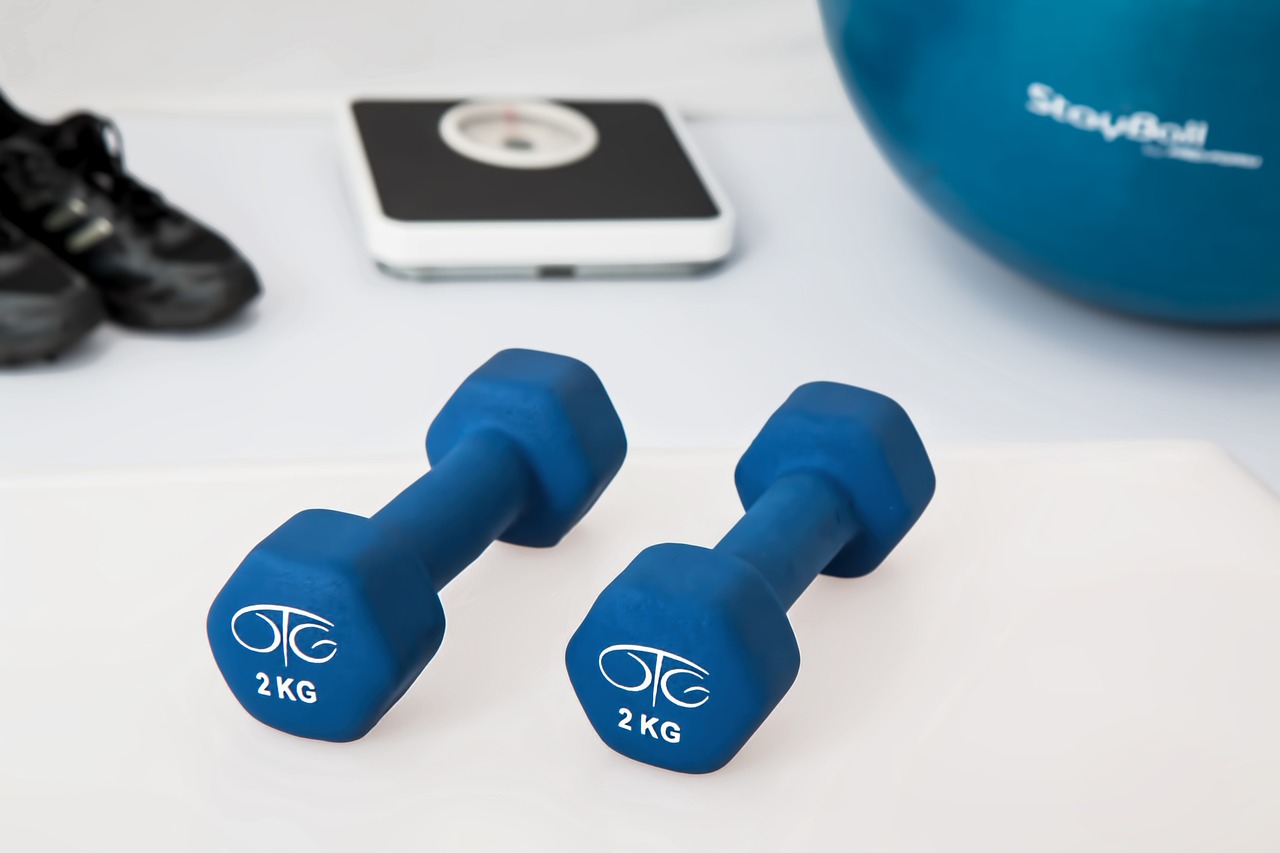Review of Weight Loss Retreats and Programs: Finding the Right Fit for You
Weight loss retreats and programs offer structured environments designed to help individuals achieve their health and fitness goals through a combination of tailored activities, education, and support. Whether you’re looking to kickstart a new fitness regimen, adopt healthier eating habits, or break through a weight loss plateau, choosing the right retreat or program can make a significant difference in your journey towards a healthier lifestyle. Here’s a comprehensive review to help you navigate the options available:
1. Types of Weight Loss Retreats and Programs
- Fitness Retreats: Focus on physical activities such as hiking, yoga, Pilates, and strength training. These retreats often emphasize calorie burning, muscle toning, and cardiovascular fitness.
- Mindfulness and Wellness Retreats: Combine activities like meditation, mindfulness practices, and spa treatments with nutrition education. These retreats emphasize mental well-being alongside physical health.
- Health Spa Retreats: Offer a combination of fitness classes, nutritious meals, and relaxation treatments such as massages or hydrotherapy. They aim to rejuvenate the body and mind while promoting weight loss.
- Medical and Wellness Clinics: Provide supervised weight loss programs led by healthcare professionals, including doctors, dietitians, and fitness trainers. These programs may include medical assessments, personalized meal plans, and therapeutic treatments.
2. Key Factors to Consider
- Program Focus: Determine whether you prefer a program that focuses primarily on fitness, holistic wellness, medical supervision, or a combination of these elements based on your goals and preferences.
- Duration: Retreats and programs vary in duration from weekend getaways to multi-week immersive experiences. Choose a duration that aligns with your schedule and allows sufficient time to achieve your desired outcomes.
- Location: Consider the location of the retreat or program. Some people prefer serene natural settings like mountains or beaches, while others may prefer urban settings with access to cultural activities.
- Accommodations and Amenities: Evaluate the quality of accommodations, amenities (such as pools, gyms, spa facilities), and meal offerings. Comfortable surroundings can enhance your overall experience and motivation.
3. Program Components
- Fitness Activities: Assess the variety and intensity of fitness classes and activities offered. Look for programs that include a mix of cardio, strength training, flexibility exercises, and outdoor activities tailored to your fitness level.
- Nutrition and Dietary Guidance: Review the nutritional philosophy of the program. Choose programs that provide personalized meal plans, cooking demonstrations, nutrition workshops, and education on healthy eating habits.
- Behavioral Coaching: Look for programs that offer behavioral coaching or counseling to address emotional eating, stress management, and mindset shifts related to food and exercise.
- Support and Community: Consider the level of support provided, such as group sessions, individual coaching, peer support, and ongoing guidance after the program ends. A supportive community can enhance accountability and motivation.
4. Cost and Value
- Evaluate Costs: Compare program costs, which can vary widely based on location, amenities, duration, and level of personalized attention. Factor in additional expenses such as travel, spa treatments, and optional activities.
- Value Proposition: Assess the value of the program based on the quality of accommodations, services, expertise of staff, and potential long-term benefits to your health and well-being.
5. Reviews and Recommendations
- Research and Reviews: Read reviews and testimonials from past participants to gauge their experiences, results, and overall satisfaction with the program. Look for feedback on program effectiveness, staff professionalism, and facility cleanliness.
- Recommendations: Seek recommendations from healthcare professionals, friends, or family members who have attended similar retreats or programs. Personal referrals can provide valuable insights and help you make an informed decision.
6. Personal Goals and Readiness
- Personal Readiness: Assess your readiness for a structured program. Consider your current fitness level, health concerns, dietary preferences, and willingness to commit to program guidelines and lifestyle changes.
- Goal Alignment: Ensure that the retreat or program aligns with your specific goals, whether they are weight loss, improved fitness, stress reduction, or overall health enhancement.
Conclusion
Choosing the right weight loss retreat or program involves careful consideration of program focus, duration, location, accommodations, amenities, cost, and value. By evaluating these factors and aligning them with your personal goals and preferences, you can select a retreat or program that supports your journey towards sustainable weight loss and improved well-being. Remember that the ultimate success of any program depends on your commitment, willingness to embrace lifestyle changes, and ongoing dedication to health and fitness beyond the retreat or program duration.
